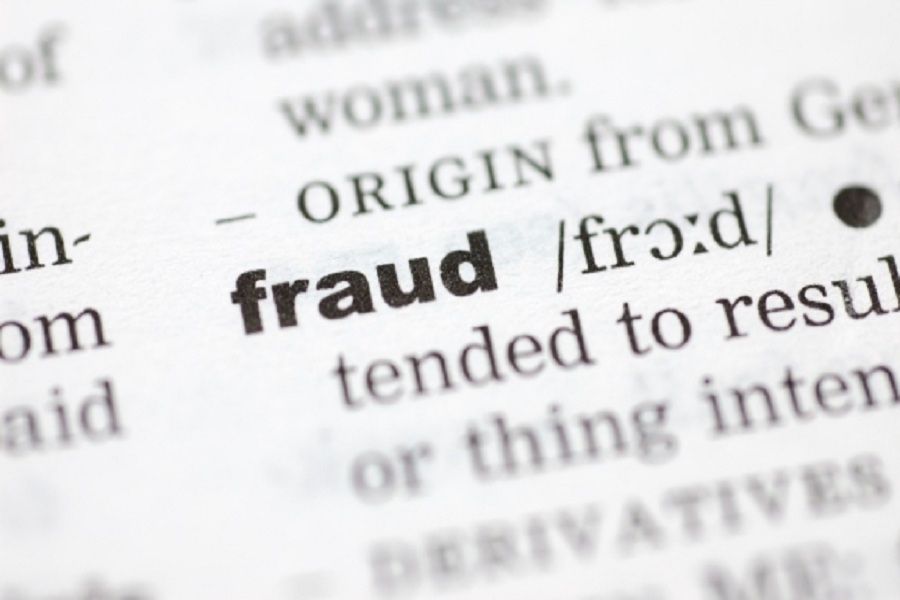Financial advisers try last-resort strategies
When a client recently told her adviser that she would be losing her public relations job in six months, Morris Armstrong gave her advice that he never thought he would dispense: He told the single mother, who had been contributing significantly to her 401(k) plan, to stop.
When a client recently told her adviser that she would be losing her public relations job in six months, Morris Armstrong gave her advice that he never thought he would dispense: He told the single mother, who had been contributing significantly to her 401(k) plan, to stop.
“Some may consider it unconventional, but liquidity is important when facing a layoff,”said Mr. Armstrong, an adviser with Armstrong Financial Strategies in Danbury, Conn., whose firm manages about $10 million in assets.
He is not alone. As more people are losing — or are fearful of losing — their jobs, advisers are reversing decades worth of conventional wisdom and urging clients to stop contributing to retirement and college saving accounts so they can build emergency nest eggs.
In some cases, clients who have been out of work for some time are advised to dip into the retirement accounts, just to make ends meet.
Contributing to 401(k) plans is always important, but these days, if clients have debt and don’t have at least six months’ income in an emergency savings plan, they should stop, said Ted Feight, president of Creative Financial Design in Lansing, Mich.
That’s hard advice to offer be-cause now is the perfect time to be buying in 401(k) plans, he said.
Creative Financial Design manages nearly $25 million in assets.
Tim Herbert, an adviser with Centaurus Financial Inc. in Auburn Hills, Mich., works with some of the nation’s most vulnerable employees. About 80% of his clients work in the automotive industry. Nearly all them are worried about losing their jobs.
Just recently, he met with a couple in their 40s who are both worried about being laid off. The wife works at Troy, Mich.-based Delphi Corp. and the husband works at Detroit-based General Motors Corp. Both were maxing out their 401(k) contributions and putting a sizable amount in their children’s Section 529 college savings plans.
Mr. Herbert advised them to cut the 401(k) savings down to just 4% and also slash their 529 savings to bolster their emergency savings account, which contained only about $5,000.
“They’re in pretty good shape,” he said. “They’re doing everything right but they only had two or three months cash reserve and they’re both worried about losing their jobs.”
Mr. Herbert also adjusted their portfolio, making it more conservative in case they lose their jobs and need to pull money out of their retirement accounts.
Advisers are also urging their clients to consider taking loans from life insurance policies, as well as securing home equity lines of credit while they still have a job.
They are also encouraging clients to slash their expenses and find ways to get extra cash — which could mean taking a 15-year mortgage and refinancing it to a 30-year mortgage.
“I tell them, ‘you have to stop 401(k) contributions. Don’t just reduce them. Stop them,’” said Nicholas Yrizarry, an adviser with Nicholas Yrizarry & Associates LLC in Reston, Va., whose firm manages about $125 million in assets.
“You have to stop individual retirement account contributions. You have to stop 529 contributions. Stop everything altogether. This is survival mode,” he said.
This advice would have been unheard of just a year ago. But in October, the nation’s unemployment rate reached a five-year high of 6.5% and the Washington-based National Association for Business Economics predicted the rate would rise to 7.5% by the end of 2009.
So far, 401(k) withdrawals are up, to 6.2% from 5.4% last year, according to Lincolnshire, Ill.-based Hewitt Associates LLC. This is due mostly to an increase in hardship withdrawals, which are up 16% this year.
Still, some advisers caution that layoffs may be short term and investors need to be focused on a long-term investment philosophy — which means they should still be saving for retirement.
Taking money out of a 401(k) plan while employed should be the last resort, said Bart Bonga, a vice president at Rothschild Investment Corp. in Chicago, which supervises $2 billion in assets.
He encourages clients who may not have enough money in short-term savings to secure a home equity line of credit immediately — while they are still employed.
“For someone who is working in the automotive industry, the writing’s on the wall. You may be really good at what you do, but you need to make it through these next couple of years rather than worry about college savings and retirement savings,” Mr. Bonga said.
“You need to shore up the short-term savings.”
Tapping into retirement savings should be a last resort as well, said Judy McNary, an adviser with McNary Financial Planning in Broomfield, Colo., whose firm doesn’t manage assets.
She wants her clients to keep funding their 401(k) plans for as long as possible. A layoff should be viewed as a temporary setback, but retirement is a long-term goal.
E-mail Lisa Shidler at [email protected].
Learn more about reprints and licensing for this article.








